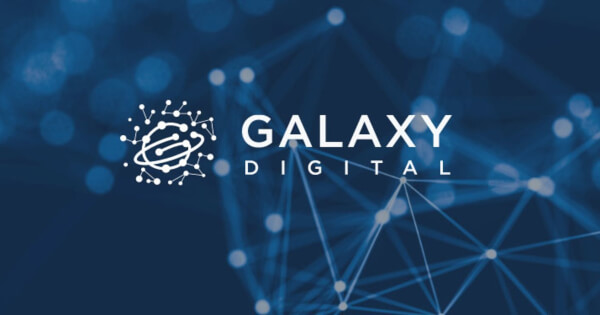Peter Jang
October 13, 2024 07:12
Ethereum developers discussed Pectra Devnet 4 readiness and potential EIP in the latest core currency. Key topics included reducing slot times and changing gas limits.
In a recent virtual meeting, Ethereum developers convened for the 198th All Core Developers Execution (ACDE) meeting, chaired by Tim Beiko of the Ethereum Foundation. The bi-weekly meetings aimed to address the ongoing development of the Ethereum execution layer, including focusing on the anticipated release of Pectra Devnet 4 and evaluating several Ethereum Improvement Proposals (EIPs).
Ready for Pectra Devnet 4
During the call, developers discussed progress and challenges related to Pectra Devnet 4, with Ethereum Foundation Developer Operations Engineer Barnabas Busa providing the update. The main issue highlighted was an issue with the Geth client that halted the finalization of Pectra Devnet 3. The team is actively working to deploy new Geth versions to stabilize the network.
Tim Beiko reminded participants that the Pectra System contract audit proposal is due by October 11, 2024. The team aims to release Pectra Devnet 4 before the next All Core Developers Consensus (ACDC) meeting on October 17 and will discuss it at the breakout meeting. BLS precompilation price rebalancing.
Public Pectra Testnet for Devcon
The developers also plan to release a public Pectra testnet in time for Devcon, the annual Ethereum developer conference. Community members have suggested various names for the testnet, and discussions are ongoing in a dedicated forum. Beiko emphasized the importance of having a stable Pectra Devnet 4 before focusing on testing BLS signatures on the public testnet.
EIP Discussion
EF researcher Toni Wahrstätter updated the team on EIP 7623, which proposes to increase call data costs. Inclusion of this proposal in Pectra is being considered, and Geth developer Marius van der Wijden has not yet implemented any changes. Erigon developer Giulio Rebuffo released EIP 7783, which proposes a mechanism to gradually increase the gas target without a hard fork. This proposal is considered a potential follow-up to the activation of Pectra.
EIP 7782, proposed by Nethermind developer Ben Adams, was also discussed. The goal is to reduce Ethereum’s slot time from 12 seconds to 8 seconds to improve transaction throughput. However, concerns have been raised about state growth and its potential impact on smart contracts, sparking further discussion about the asynchronous development of these EIPs.
Other discussions
Alex Stokes from the Ethereum Foundation sought feedback on structuring execution layer triggerable requests within the Builder API. Beiko also highlighted the community’s efforts to improve solo staking bandwidth requirements. The client team has shared updates to EIP 4444 with a focus on implementing record expiration, and Nethermind has made notable progress.
For more insights, please visit the original article on (galaxy.com)(https://www.galaxy.com/insights/research/ethereum-all-core-developers-execution-call-198/).
Image source: Shutterstock

